The early years of a child’s life are crucial for habit and character formation.
Parents who believe that “it’s okay for the child to be young, and things will work out as they grow” may neglect their parental duties.
Therefore, if your child exhibits any of the following four behaviors, it’s likely they’ve developed bad habits due to being spoiled. It’s essential to correct these habits early on.
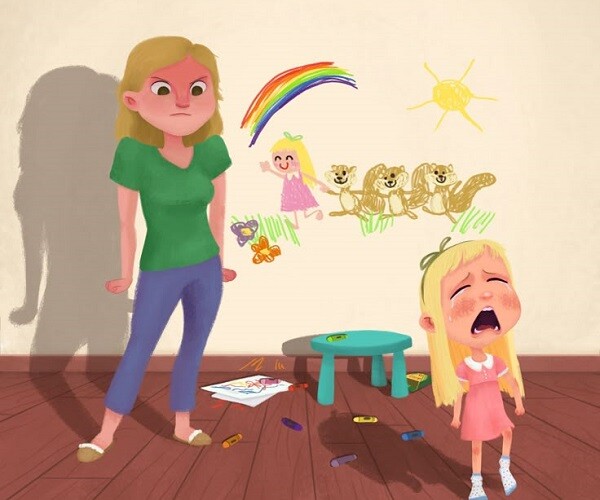

Touching others’ belongings without permission
Children are naturally curious, active, and eager to explore. They love to discover and learn by using their hands.
Especially when in a new environment, children tend to be curious and want to explore hidden corners, rummage through cabinets, and crawl under tables as if they’re on a treasure hunt.
However, if your child touches others’ belongings without permission, it’s important to address this behavior.
First, help your child understand the concept of ownership. After the age of two, children go through a sensitive period of self-awareness and can distinguish between “mine” and “yours,” developing a sense of ownership.
Guide them to understand which items belong to them and which ones are communal or can be used freely.
If an object belongs to someone else, they should understand that they need permission before touching it.
Secondly, children need to learn about boundaries. A lack of awareness about boundaries can lead to issues like fighting with peers at school and a sense of entitlement.
Children with a sense of boundaries can clearly distinguish between themselves and others, including physical and material boundaries. They also learn to protect their boundaries, develop rules, and take responsibility.
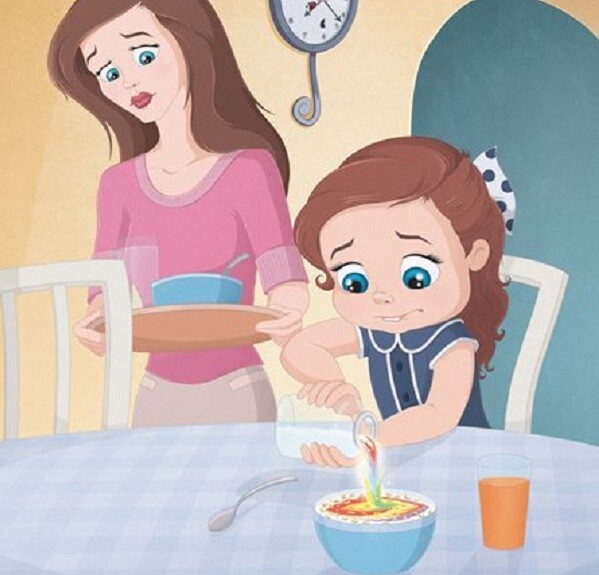
Touching others’ belongings without permission.

Using profanity and being rude to elders
All parents love their children and dedicate their time and energy to ensuring their well-being. However, sometimes, despite their hard work and sacrifices, they don’t receive gratitude in return but rather ingratitude and a sense of entitlement from their children.
Among all virtues, filial piety is paramount, as it demonstrates respect for one’s parents and forms the foundation for healthy relationships in society.
The greatest achievement of a family is raising a grateful child who appreciates what they have and recognizes the efforts of others. Such a child will grow up with an open heart, willing to share and help those around them.
Therefore, if your child displays rude behavior towards elders, it’s not only a sign of ignorance but also a wake-up call for parents. Children need to understand that respect is a fundamental value that helps build a harmonious society.
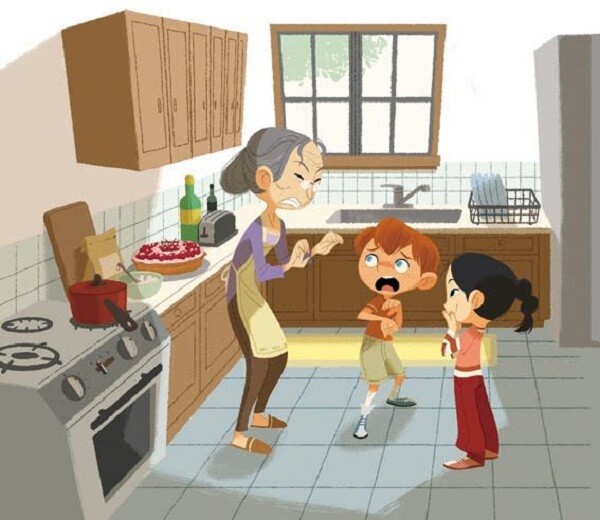
Using profanity and being rude to elders.

Negotiating conditions and expecting rewards for every action
Many children like to bargain and make demands. Some parents are used to this and don’t see it as a big deal, so they choose to compromise.
However, psychological research shows that many of the conditions children set for their parents are merely “tests.”
This means that sometimes, these conditions aren’t what the child truly wants but rather a way to test the parents’ patience and boundaries.
For example, a child might say they want to play on their phone before doing their homework, and if the parents don’t agree, the child throws a tantrum. To calm the situation, parents might give in to the child’s demands.
If parents don’t set clear boundaries, they may find themselves constantly bargaining with their children over everything.
Experts suggest that parents should remain firm in their stance and not be swayed by their children’s demands. A balance of love and discipline is necessary for effective parenting.
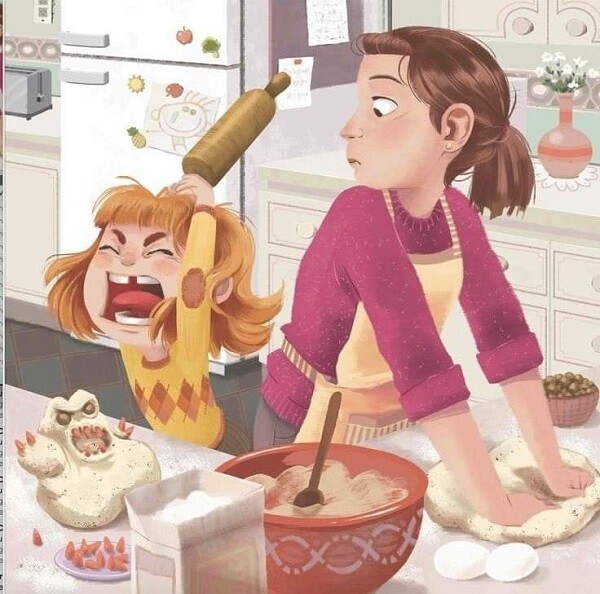
Many children like to bargain and make demands.

Messy and procrastinating habits
Good habits can change one’s destiny and shape their life. As the psychologist William James said, “Sow an act, and you reap a habit; sow a habit, and you reap a character; sow a character, and you reap a destiny.”
Children can easily develop bad habits, and if left uncorrected, these habits, such as being sloppy and procrastinating, can persist into adulthood.
According to educator Ye Shengtao, the essence of education is the cultivation of habits. What sets children apart is often not their IQ but the habits they develop during their early years.
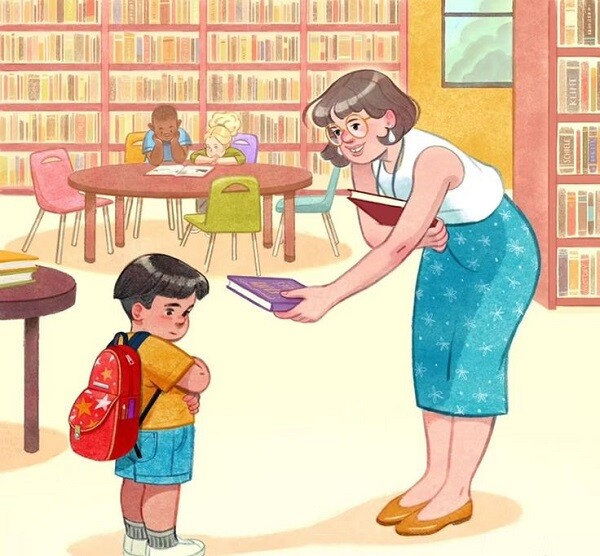
Children need to be guided towards good habits early on.
In 1978, Nobel laureates from around the world gathered in Paris. When a reporter asked Kapitsa, a Physics laureate, “Where did you learn what you consider the most important thing in life?”
He replied, “Personally, I feel that the most important stage in life is not at the university or in the laboratory but in kindergarten.” He continued, “I learned a lot there, such as not taking things that aren’t mine. Washing my hands before eating, resting after meals, doing what I promised to others, and putting things back where I found them.”
Childhood is the best time to form good habits. Well-behaved children are disciplined, while “spoiled” children are often indulged.
Professor Li Meijin once said, “The period before a child turns six is crucial for character development. If certain issues are not addressed during this time, parents may lose control later on.”




































